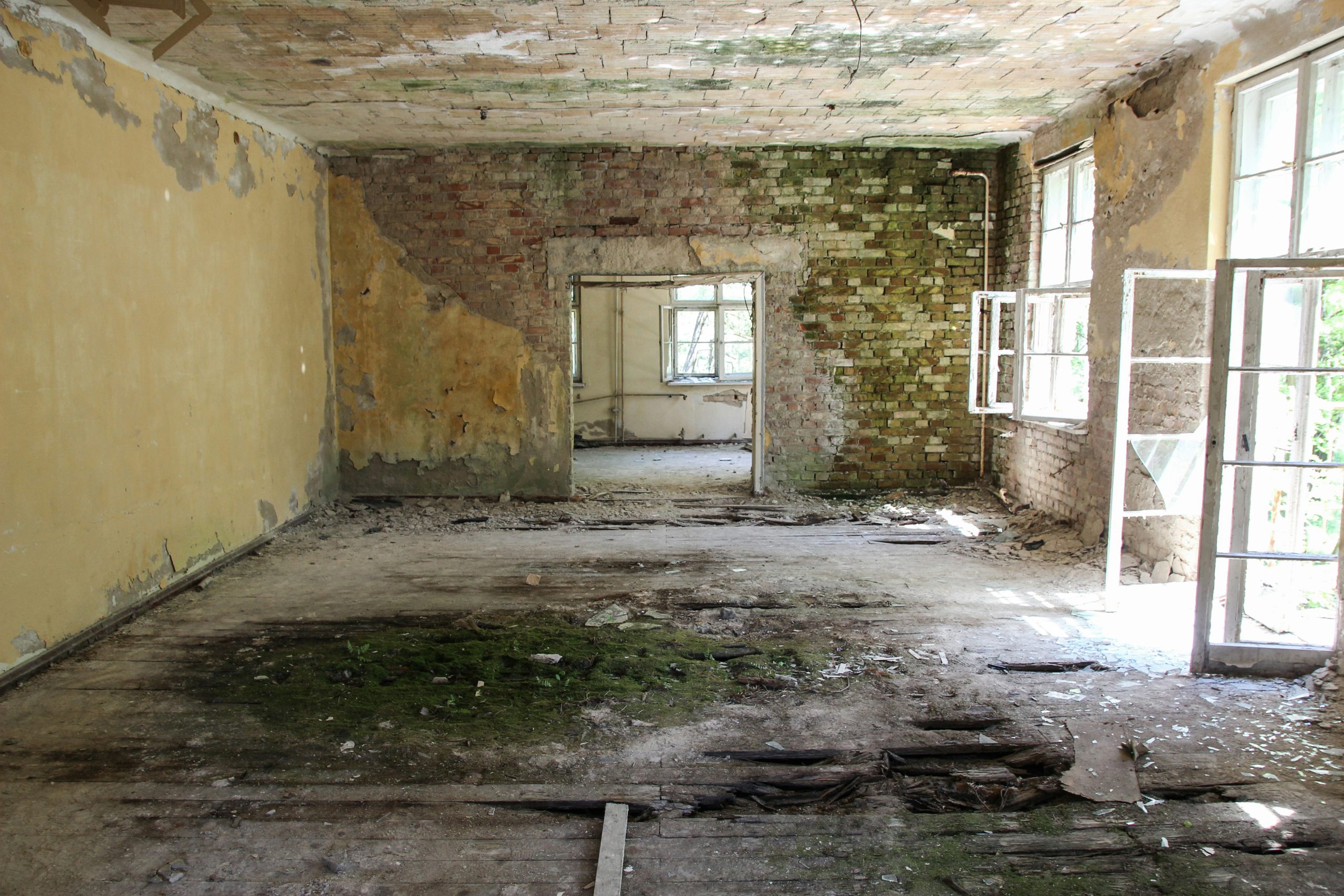Housing disrepair continues to be one of the biggest problems faced by tenants across England and Wales. With damp, mould, leaks, broken heating, and unsafe living conditions affecting thousands of households, the UK government has tightened the rules in 2025 to improve the way landlords deal with repairs.
Two major reforms shape the current law. Awaab’s Law, which came into force for social landlords in 2025, introduces strict repair deadlines for hazards. The Renters’ Rights Bill, which is being rolled out in stages, increases tenant protections, removes Section 21 evictions, and raises housing-condition standards.
These changes mean tenants now have clearer rights and stronger grounds for making a housing disrepair claim. This guide explains exactly how to make a claim in 2025 and what to expect at each stage.
What Counts as Housing Disrepair in 2025
Housing disrepair is any problem in your rented home that a landlord is legally responsible for fixing. It is not limited to large or obvious hazards; smaller faults can still count if they affect your health, safety or comfort. Common issues include:
- Damp and mould
- Leaks or water damage
- No heating or hot water
- Faulty electrics
- Broken windows or doors
- Pest and rodent infestations
- Cracked walls or structural movement
- Unsafe stairs, flooring or handrails
Under the Homes (Fitness for Human Habitation) Act 2018, all rented homes must meet basic living standards. The Renters’ Rights Bill strengthens this by linking fitness standards to the new rules under Awaab’s Law, making it easier for tenants to challenge poor conditions.
How Awaab’s Law Changes Things for Tenants
Awaab’s Law was created after the death of two-year-old Awaab Ishak, who died due to prolonged exposure to mould. In 2025, new regulations were introduced that now apply to all social landlords. These include strict deadlines:
- Emergency repairs must start within 24 hours
- Serious hazards, including damp and mould, must be investigated quickly
- Full repairs must be carried out within a reasonable timeframe
Although private landlords are not directly bound by the 24-hour rule, the Renters’ Rights Bill pushes them towards similar standards. Councils now have stronger enforcement powers and can take action faster when landlords ignore repair obligations.
When You Can Make a Housing Disrepair Claim
You can make a claim if:
- You reported the issue to your landlord
- You gave them reasonable time to repair it
- The fault was not caused by your own actions
- The disrepair has continued or worsened
- You suffered inconvenience, health problems, or damage to your belongings
You do not need to wait for months. If repairs are ignored, delayed, or repeatedly patched up without being fixed properly, a claim may be justified.
Step-by-Step Guide to Making a Housing Disrepair Claim in 2025
Step 1: Notify the Landlord
Before making a claim, you must tell your landlord about the problem. You can do this by email, text, online reporting tools, or in writing. The notice must be clear and describe the issue. Keep a copy of everything.
Step 2: Allow Time for Repairs
The landlord must be given a fair opportunity to put things right. What counts as “reasonable” depends on the severity of the problem.
For social landlords, the Awaab’s Law deadlines apply.
For private landlords, delays can still breach the Homes Act and lead to enforcement by the council.
Step 3: Gather Evidence
Evidence will support your claim. You should collect:
- Photos and videos of the issue
- Dates you reported it
- Emails, messages and repair logs
- Medical notes if you were unwell
- Receipts for damaged items
- A diary of how the disrepair affected daily life
Your solicitor may also instruct an expert surveyor to provide a report for the claim.
Step 4: Follow the Pre-Action Protocol
The Pre-Action Protocol for Housing Conditions Claims requires your solicitor to send a detailed letter of claim to the landlord. It includes:
- A description of the disrepair
- How it has affected you
- Evidence
- The repairs required
- Compensation sought
The landlord usually has 20 working days to reply. Most claims can be resolved at this stage.
Step 5: Court Action if the Landlord Does Nothing
If the landlord ignores the letter of claim or refuses to carry out repairs, court proceedings may be started. The court can:
- Order the landlord to carry out repairs
- Award compensation
- Require them to pay your legal costs
Most cases settle before reaching trial, especially with clear evidence and expert reports.
What Compensation Can Cover in 2025
Compensation in housing disrepair claims is based on several factors. These include:
General inconvenience
This is calculated as a percentage of your rent. The more of your home affected, the higher the percentage.
Damage to your belongings
This can include clothing, furniture, electronics or items damaged by leaks or mould.
Health problems
If the conditions caused breathing issues, stress or other health impacts, medical evidence can support this part of the claim.
Disturbance
If repair work required you to move out temporarily, further payment may be available.
How Long a Housing Disrepair Claim Takes in 2025
Most straightforward cases take around three to six months. Claims with serious hazards or slow-responding landlords take longer. The Pre-Action Protocol encourages early settlement, so many disputes resolve before court action is needed.
Can You Claim If You Rent Privately?
Yes. Private renters have the same right to safe housing as social tenants.
The Renters’ Rights Bill attaches new conditions to private landlords and removes Section 21 evictions, making it harder for them to retaliate against tenants who request repairs.
Can You Claim if You No Longer Live at the Property?
You usually need to still be the tenant when starting the claim, but some cases can proceed after you move out if:
- You reported the issue during your tenancy
- You have strong evidence
- The disrepair was serious
Your solicitor can assess this depending on the circumstances.
How Hi Solicitors Helps Tenant
Hi Solicitors represents tenants across England and Wales making housing disrepair claims. We deal with landlords, gather the evidence, arrange expert reports and take legal action when repairs are ignored.
Frequently Asked Questions
What if my landlord blames me for the damage?
Your solicitor will check if the landlord is responsible. Many landlords wrongly blame tenants to avoid repairs.
Do I need to let the landlord into the property?
Yes. You must allow access for inspections and repairs as long as the notice is reasonable.
Can the landlord evict me for making a claim?
Under the 2025 reforms, eviction as retaliation for complaints is restricted and can be challenged.
Do I need a solicitor?
Housing disrepair law is technical, and solicitors help ensure the correct procedure is followed.
What if the council has already been involved?
You can still make a claim. Council involvement does not stop legal action.





